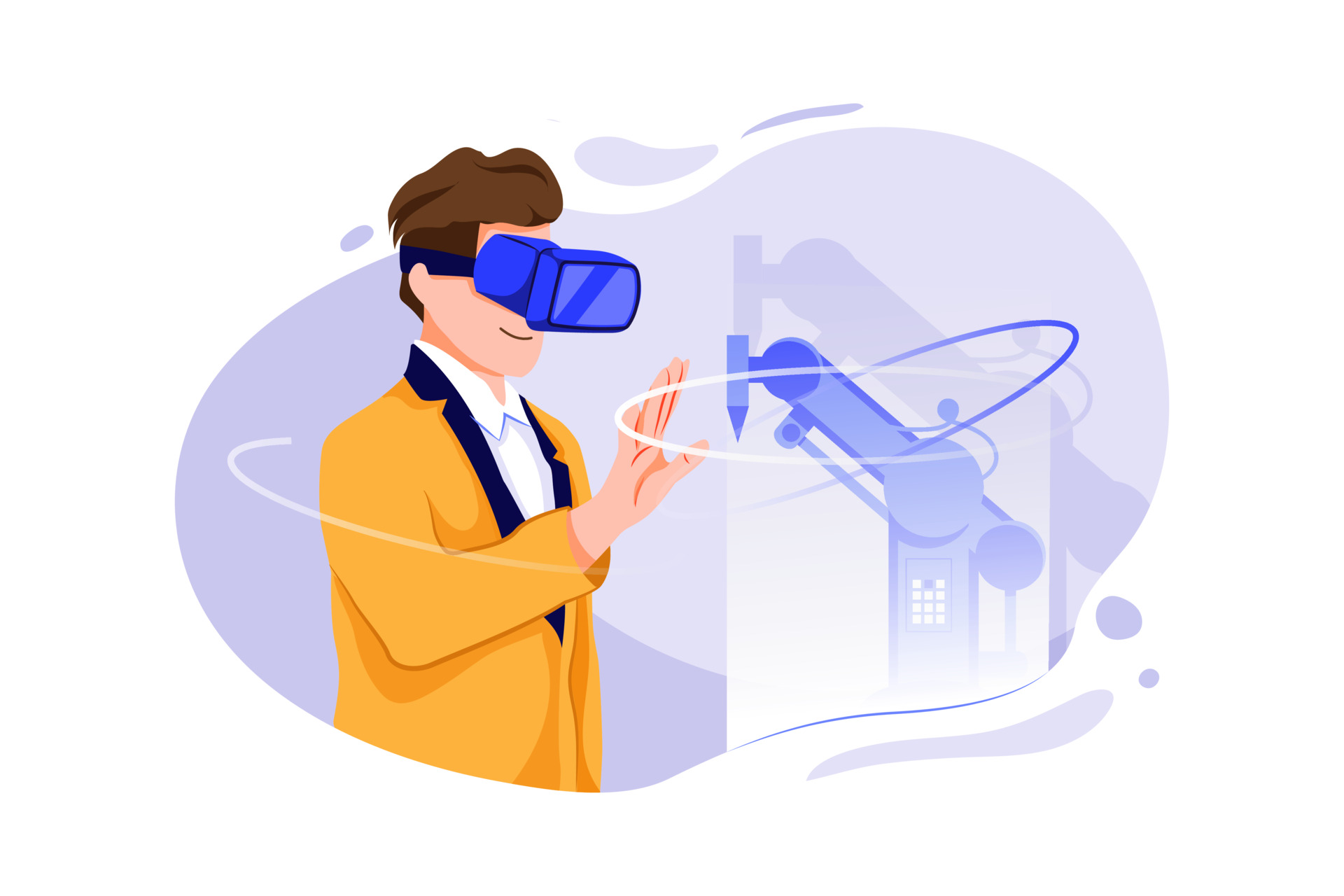In our ever-changing tech landscape, there are two exciting players making a big splash: Augmented Reality (AR) and Virtual Reality (VR). Initially known for gaming and fun, AR and VR are now making waves in the business world. In this article, let’s explore what’s happening right now with AR and VR, and what the future holds for these technologies in the business arena.
The Current Scene
Before we peek into the future, let’s see where we’re at today. AR and VR have already left their mark in various industries:
1. Training and Development:
In many fields, VR is taking training to a whole new level. It allows employees to practice complicated tasks like surgery or machine operation in a controlled virtual space.
2. Product Design and Prototyping:
AR is shaking up product design. Engineers and designers can now visualize and manipulate 3D models in real time. This speeds up the prototyping process and boosts collaboration.
3. Marketing and Customer Engagement:
AR is reshaping marketing strategies. Brands are using AR applications and filters to offer interactive experiences. You can try on makeup virtually or interact with products in new ways.
4. Remote Collaboration:
VR is bridging the gap between team members spread across the globe. It’s particularly handy in fields like architecture and engineering, where teams can work together in shared virtual spaces.
5. Medical Training and Telemedicine:
Healthcare professionals are turning to VR for surgical training and diagnosis. Telemedicine is also benefiting from VR by offering immersive consultations for remote patients.
The Future of AR and VR in Business
Looking ahead, there’s a lot in store for AR and VR in the business world:
1. Remote Work Revolution:
As remote work becomes the norm, AR and VR will make virtual meetings and teamwork much more exciting and effective. Get ready for virtual office spaces and improved online meetings.
2. Engaging Customers:
Businesses will use AR and VR to create immersive shopping experiences. You can virtually try out products before buying, and this trend isn’t limited to fashion. Home decor and automotive industries will hop on board too.
3. Data Magic:
AR will transform data visualization, making it more interactive in three-dimensional spaces. Decision-making and data analysis will become more intuitive.
4. Healthcare Evolution:
AR and VR will keep changing the game in medical training, patient education, and therapy. Virtual reality therapy, in particular, shows promise in treating various mental health conditions.
5. Green Planning:
Architects and urban planners will use AR and VR to build virtual models of sustainable infrastructure. This will help with better environmental planning and resource management.
6. Learning Reimagined:
AR and VR will revolutionize education. Imagine interactive history lessons, immersive virtual field trips, and much more to make learning exciting.
7. AI Integration:
AR and VR are about to get smarter with AI integration. Smart AR glasses, for instance, will translate languages in real time, recognize objects, and provide personalized experiences based on your preferences.

Challenges Ahead
While the future of AR and VR in business is promising, we can’t ignore the challenges. We need to tackle privacy concerns, overcome technical hurdles, and manage costs. Plus, it’s vital to ensure that these technologies are accessible to a broader audience.
In Conclusion
As AR and VR continue to evolve, they’re set to transform the way we do business. From changing how we work and engage with customers to revolutionizing education and healthcare, AR and VR are on the brink of reshaping our corporate landscape. Businesses that embrace these emerging technologies and stay adaptable and agile are poised to lead the charge into a virtual future that’s already here.















3 Responses